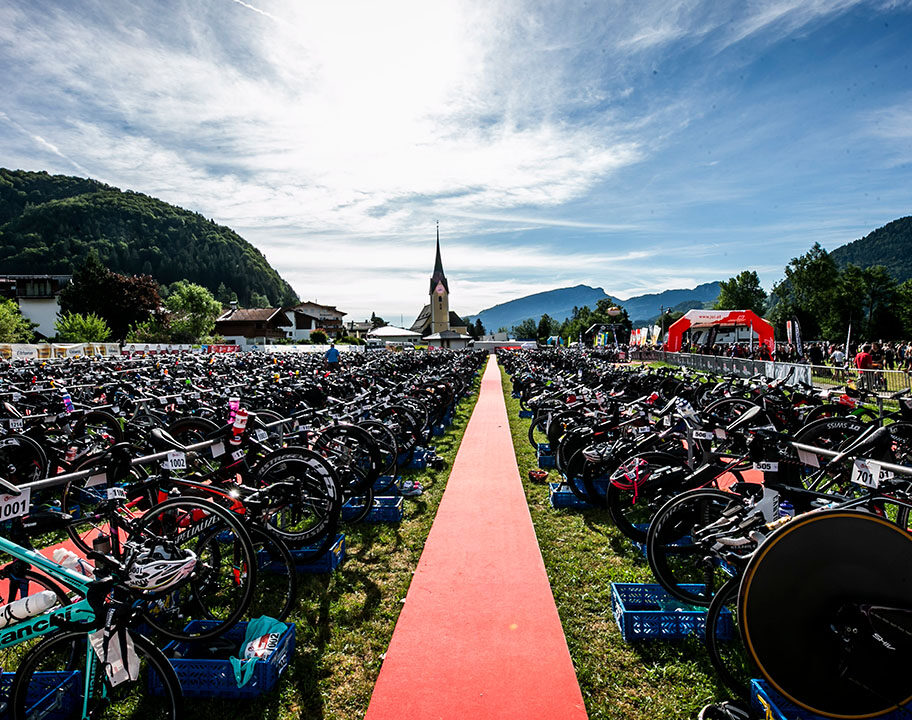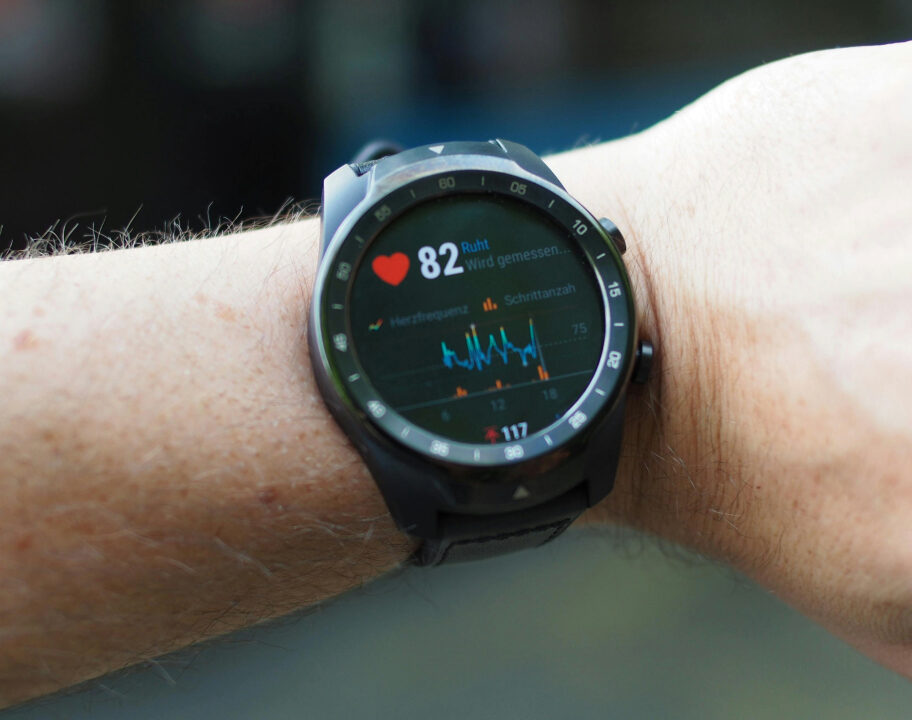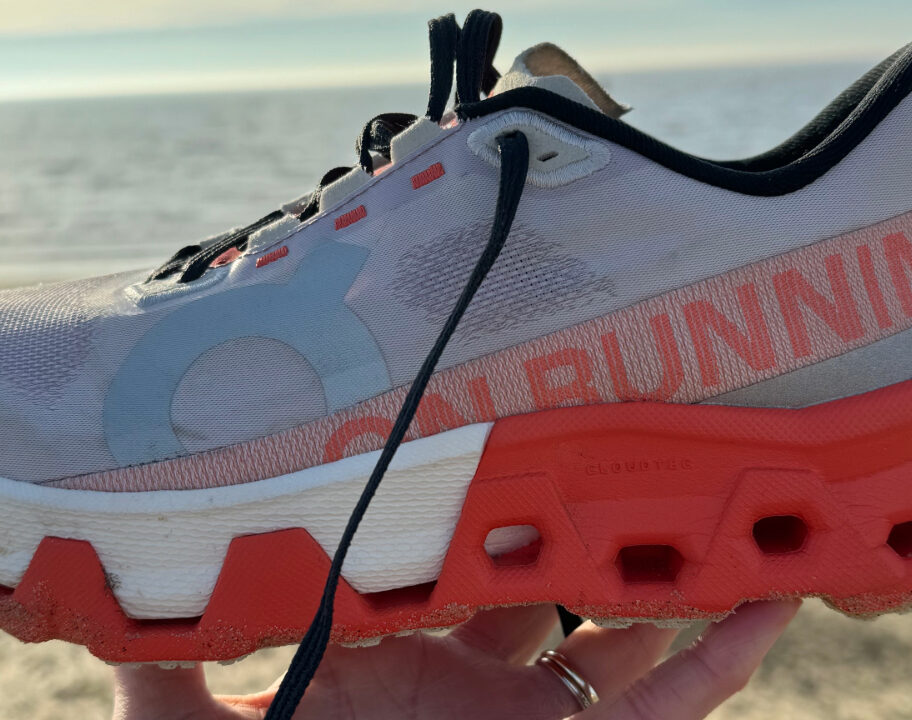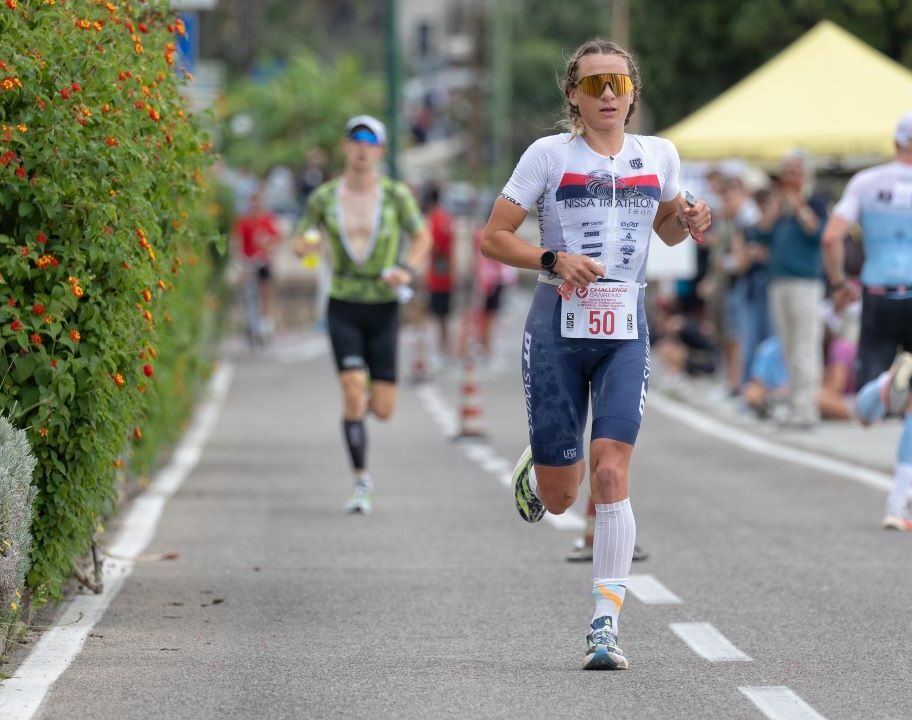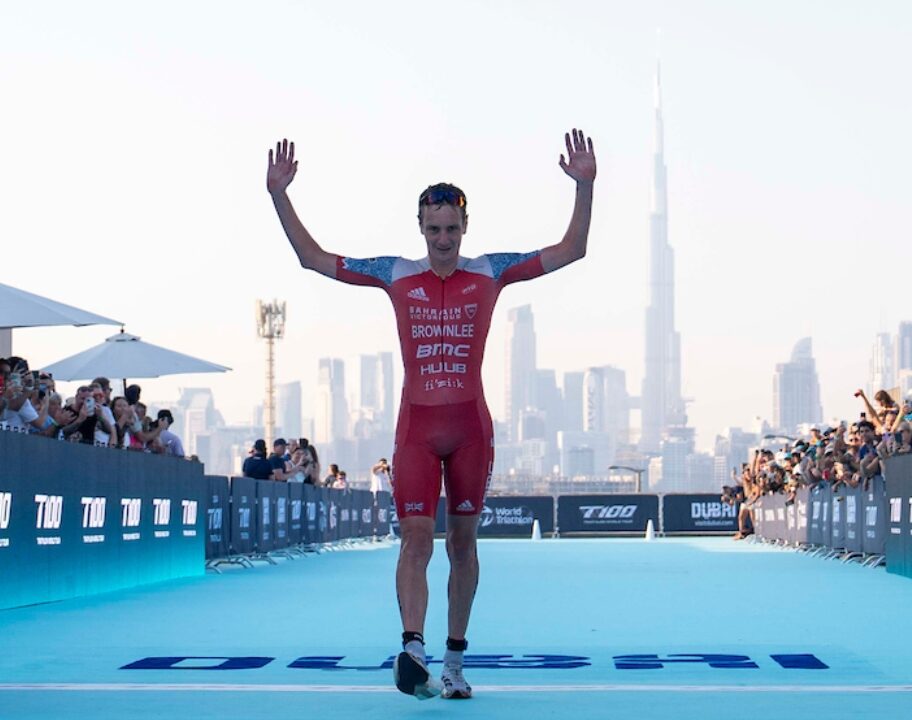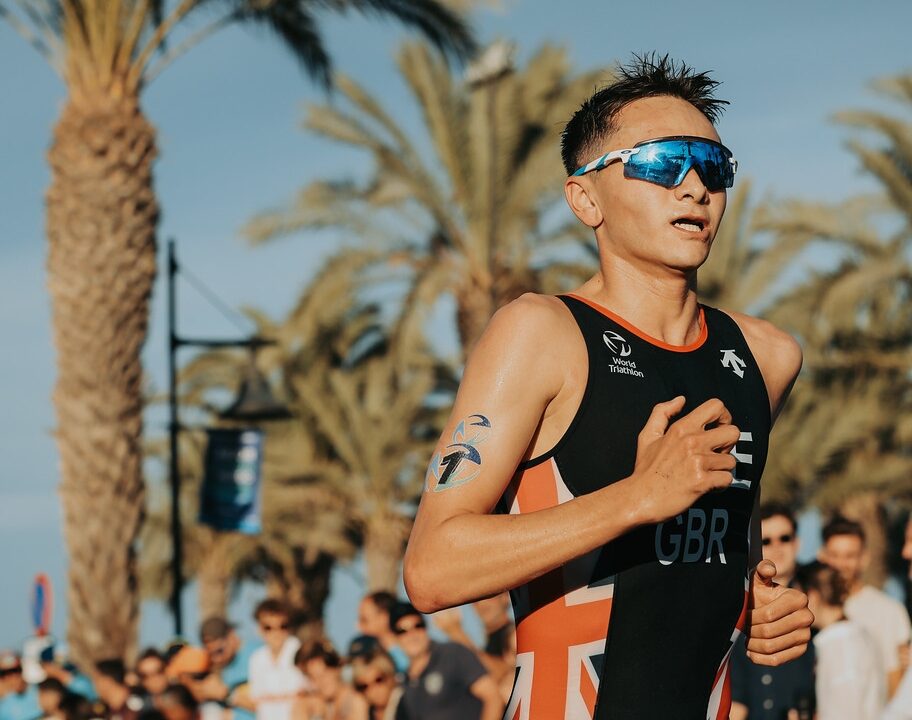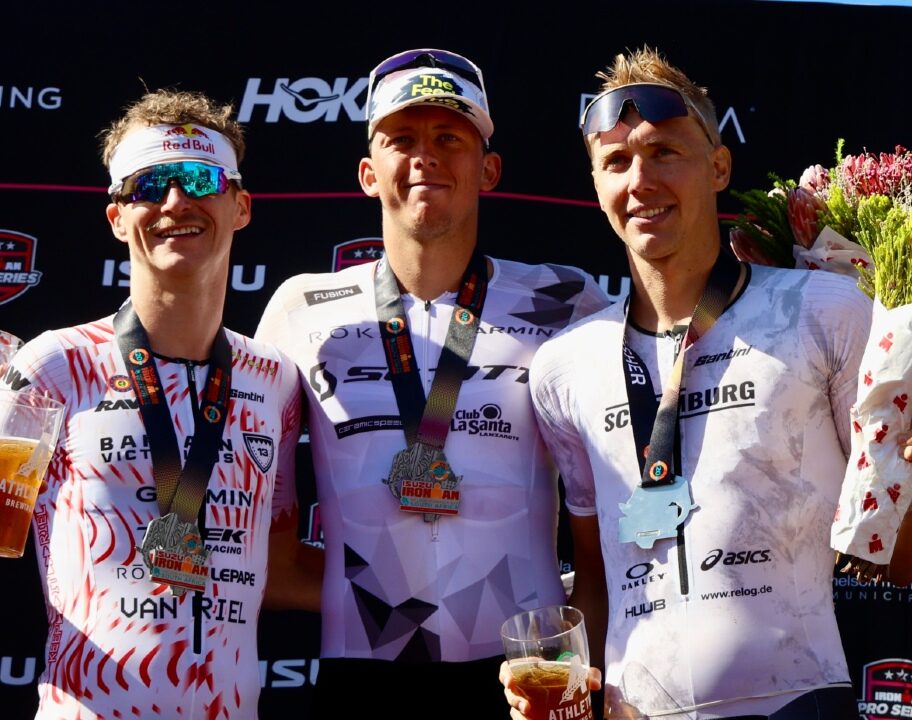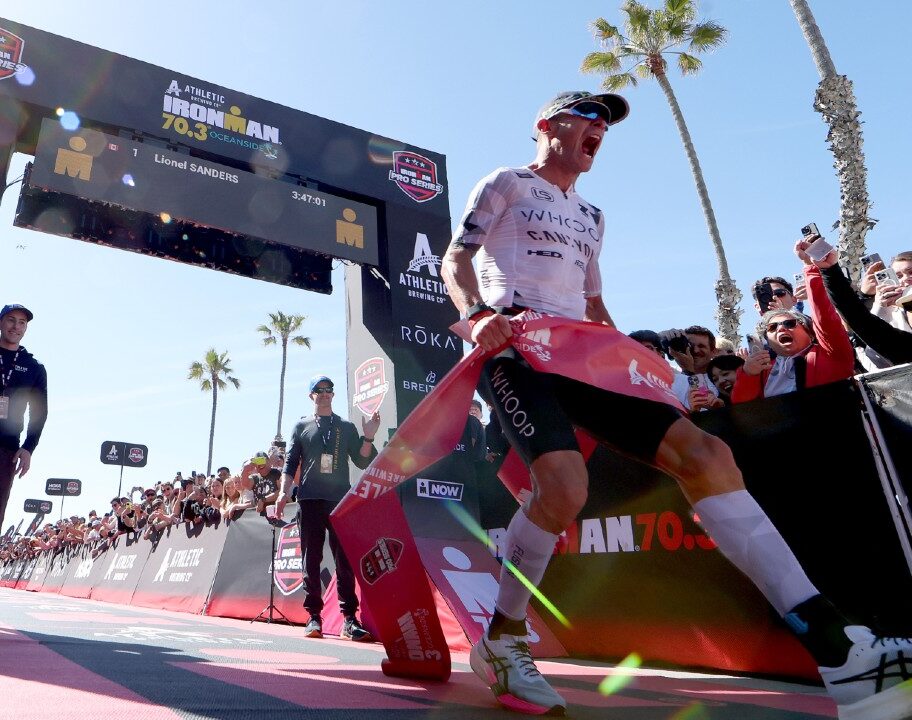As the Paris Olympic Test Event fast approaches, with less than 10 days remaining until things kick off in the French capital, question marks remain over whether the event will even be able to go ahead as planned. Fears of poor water quality in the River Seine threaten the swim leg of the race.
Last Saturday, World Aquatics announced it was cancelling the Open Water Swimming World Cup, planned for Paris and the River Seine last weekend. The reason given was water quality in the Seine dropping below acceptable standards due to recent heavy rainfall in the city, an issue that has put World Triathlon on red alert.
In a statement released by the governing body, it was announced that the event would go on regardless of water quality, with a duathlon the alternative option if the swim leg was no longer viable. Whilst a positive that the event will be held, the switch to a duathlon could now void many national federation selection policies for the Olympic Games, which were based on the Test Event results.
“Exceptional environmental circumstances”
For British Triathlon, the Paris Olympic Test Event serves as the pillar for their “Phase 1” (Part 2.10a) individual event automatic nominations. If an athlete podiums at both the Test Event and WTCS Grand Final in Pontevedra, or is a returning Tokyo medalist and finishes on the podium at the Test Event and a WTCS race in either 2022 or 2023, they will be nominated for Olympic Games selection.
However, part 2.10b of the policy stipulates that the automatic nominations outlined above will not apply, if in the opinion of the panel, one of the races mentioned, such as the Paris Olympic Test Event, has been significantly impacted in a way that would revoke it’s ability to act as a proper race.
British Triathlon Paris Olympic Games Selection Policy
- The above automatic nominations will not apply if, in the opinion of the Panel, the results of any race used for automatic nomination purposes are/is significantly impacted by:
- a large-scale racing incident (such as a crash); OR
- environmental conditions/exceptional circumstances which result in substantial alteration to the race format.
In theory, poor water quality comes under the remit of an “environmental condition” that would result in a major change to the race format, in this case from an Olympic distance triathlon to a yet to be decided distance duathlon event.
This would then, in the case of British Triathlon, mean athletes could be selected if they had finished on the podium of a WTCS race in 2023 and “are considered by the Panel at this time to be a clear and obvious individual medal contender for the Games”.
So far in 2023, there have been four British athletes – Alex Yee, Sophie Coldwell, Beth Potter and Georgia Taylor-Brown – who have podiumed at a WTCS event, leaving the team selection very much to the discretion of the panel.
Not just a GB question mark
For other countries, such as host nation France, the Test Event provided the home countries athletes with their main opportunity for qualification, with a podium at the race next week or a Top 8 finish plus a podium at the WTCS Grand Final next month in Pontevedra enough to make it on to one of the most competitive teams.
Elsewhere, triathlon superpower Team USA has the Test Event as one of the primary pillars for selection in their policy, as do other countries represented by some big names such as New Zealand, Australia, Canada, Japan, Spain, Portugal and Germany. As the race draws closer, the question remains, will athletes be starting in a wetsuit or their trainers?
It won’t just be the athletes crossing their fingers that we get the full swim-bike-run experience in Paris. You can be sure that selectors will be hoping not to have to revisit the small print of their selection policies either.


